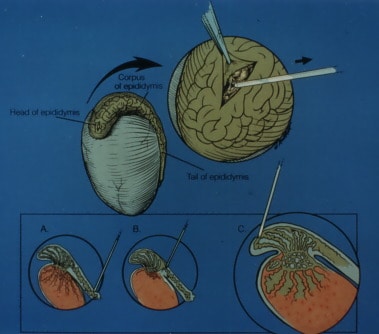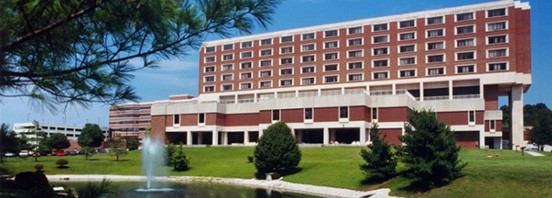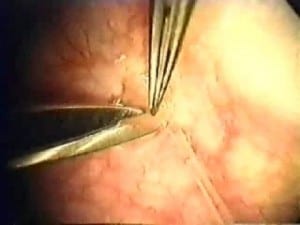Sperm Aspiration for ICSI
Men with no sperm at all in their ejaculate can now have their own child, because sperm can be retrieved from their testicle or epididymis and injected into their wives’ eggs. The highest pregnancy rates with this approach and the least pain and discomfort to the male require that these sperm retrieval procedures be performed microsurgically, and not with either crude needlesticks or gross surgical techniques.
Even when there is no sperm whatsoever in the man’s ejaculate (azoospermia), there is now a very good chance for pregnancy using our sperm retrieval and ICSI procedures. The techniques of sperm retrieval and ICSI were originally developed by us in Brussels, Belgium, and in St. Louis, Missouri.

There are two types of azoospermia, obstructive and non-obstructive. Obstructive azoospermia can be caused by vasectomy, congenital absence of vas, poorly performed hernia type surgery, or epididymal scarring from prior infections. We have been able to reverse vasectomy for many years with over 90% success using microsurgery. However, when the obstruction is irreparable, the man’s sterility, until recently, had been considered hopeless.
In cases of obstructive azoospermia, sperm aspiration with ICSI will give the same chance for getting pregnant as any couple with a normal sperm count undergoing IVF. We can micro-inject a single retrieved sperm directly into the substance of the egg and get normal fertilization. Virtually all (with some rare exceptions) of the couples in whom epididymal sperm are present have transfers of good embryos. 46% per each treatment cycle get pregnant and have a baby. Those who don’t carry a baby still have a 46% chance if they try a second time. Virtually all couples have enough sperm to be frozen and stored. This frozen sperm can then be used at a later time in conjunction with another IVF/ICSI procedure for the wife. Thus, the husband does not need to undergo any more sperm aspiration procedures after the first one. The babies from ICSI are healthy and genetically normal.
If you have any questions, you may call us at (314) 576-1400.




